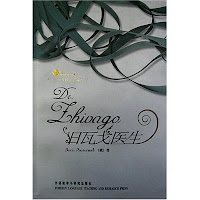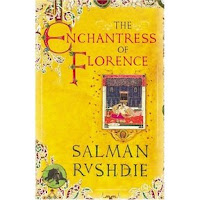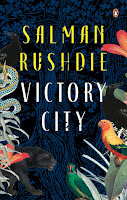
Dr. Zhivago
I read this book first as a teenager. What had stuck in my memory through all those years was the love story – of the poet and doctor Yuri Zhivago and his Lara. I came across it recently and was compelled to read it again. Strange that my memory had left out so much of what touched me this time – the inhumanity of ideology, the simplicity of belief, the value of the individual spirit. I cried reading it then, I still cried today.
Pasternak refused the Nobel for this work. Not surprising, since he wrote this book inside the
The setting, almost in itself a character in the book, is Russia on its way to becoming the USSR – the first world war, followed by the October revolution, the civil war that follows it and the establishment of the Bolshevik order. It is the toughest of times for the bourgeoisie, especially the landed and the educated. And Pasternak describes it hauntingly – the slow circumscribing of ordinary life and its daily pleasures, the harsh Russian winter in a
The plot of the story is like life itself –meandering, often confusing, often serendipitously co-incidental. Zhivago sees Lara as a young girl in the power of an older man, sees her again later attempt to shoot the older man. These short snippets leave a mark on his mind and when he sees her again during the war, when he is the doctor and she is the nurse, it is as if fate had conspired to bring them together. He is by then married with a child, and so is she. But their love cannot help but be. Throughout the years of his travels as a kidnapped doctor with the partisan army, it is the thought of Lara that keeps him alive. She is his muse, bringing the poet in him to the fore. And even though their time together alone is just a matter of a few weeks in the Urals, that time is love concentrated, it is their short-term last refuge against the baying wolves outside their door. The times are not conducive to keeping them together of course, and having let Lara go, Yuri goes back to
There are characters that make a big impression– Komarovsky, the man who lures Lara into a love affair when she is little more than a girl, almost the exact opposite of Zhivago; Yevgraf Zhivago, Yuri’s half brother who appears almost magically during his most troubled times to bail him out; Tonya, Yuri’s wife who knows in her heart she is not the love of his life, though he is of hers; Strelnikov or Antipov, Lara’s husband, who sometimes is more of a child to her than a husband. Yet it is Zhivago who stays with you – exasperating, tiring at times, yet somehow untarnished in all the bedlam around.
Pasternak breathes into Zhivago an ideal and belief that stands against everything the new regime advocates – the love of the individual and the love of beauty for its own sake and the love of life itself. He is naïve and there are times when you want him to be a bit more practical, at least to save the ones he loves. But he is the quintessential poet, scoffing at practicalities, reveling in the vagaries of existence and nature, unafraid of anything man can throw at him. It is a foolhardiness that is some form of bravery – and that is what makes his women and his readers love him.
Even in translation, one can feel the poetry in the language. So one can only imagine the beauty of it in Russian. It can seem to some as almost melodramatically sentimental – but it touched me, I am unashamed to say.





